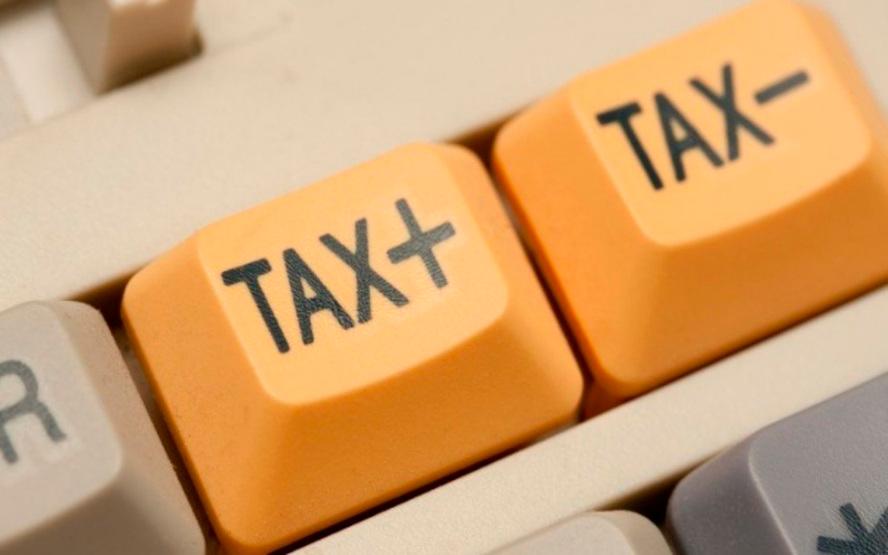OVERPAYING your taxes will not earn any brownie points with the!! tax authorities. Paying extra taxes adds to the authorities’ burden to monitor the overpayments as there have been cases where the refund mechanism was abused by taxpayers.
Since the officials will be held accountable for any errors, there is a tendency for them to be extra careful, which results in extra scrutiny somewhat similar to an audit. This is unwarranted as there is no connection between a tax refund and an audit.
The grouse of corporates is that the tax refunds are unnecessarily being held back which could have been ploughed back into the business operations without them having to incur interest to finance their capital needs.
The government wants to have a good relationship with taxpayers, and their desire is to increase the level of compliance by the taxpayers and enhance the sustainability of the tax collections for the nation. If this is the intention, holding back refunds for long periods will lead to a deterioration of the relationship with taxpayers.
Why is there overpayment?
Overpayment of taxes is a result of genuine willingness of the taxpayers to be on the right side of the law and to avoid penalties. The most common reason for overpayment is that corporate taxpayers cannot accurately forecast their future profits.
Currently our income tax system requires taxpayers to forecast their taxes one year in advance to enable the authorities to collect the taxes in advance on an instalment basis. You are given an opportunity to revise your estimates on the 6th, ninth and eleventh month of the financial year. However, in the first six months, you are forced to accept an instalment plan that cannot be less than 85% of the previous year’s estimate. This causes major problems because within the first six months, under the existing rules, you cannot amend the estimates although your profits have significantly dived, or your business has ceased in the first six months.
The profit fluctuation is very common in industries dealing with commodities where the prices fluctuate significantly, or in other industries where the demand for their product and services is affected by seasonal factors, competition, currency changes, technological changes, death of key personnel and other reasons, such as the revision of tax computations subsequently due to incentives or changes to the tax positions which are approved subsequently.
What is the current situation?
The Inland Revenue Board (IRB) has made it clear that refunds will only be made over a four-year period unless the amounts are minimal. The general principle is to refund a maximum of 5% within the first year, 10% in the second and third year, and the balance of 65% in the fourth year. The current practice of the IRB is not to allow a setoff the overpayment against the advance taxes that are due currently.
Under the law, the IRB will compensate you 2% interest which will run 90-days from the date the tax return is submitted. Taxpayers are more interested in obtaining the refunds than earning 2% from the IRB.
What should taxpayers do?
It is clear that taxpayers must not overpay their taxes, and it may be preferable if they underestimate their taxes despite the underestimation resulting in a penalty. The time incurred to obtain the refunds and the cost of money held back by the IRB is likely to exceed the penalty.
You are allowed to underestimate your forecast profits up to 30% below your liability without incurring a 10% penalty which will be imposed if you exceeded this threshold.
The holding back of refunds does not bode well for our tax system and dampens the relationship with taxpayers and foreign investors.
This article is contributed by Thannees Tax Consulting Services Sdn Bhd managing director SM Thanneermalai (www.thannees.com).









